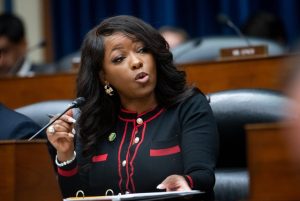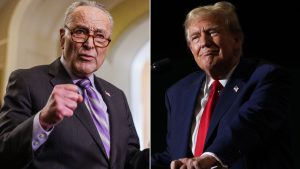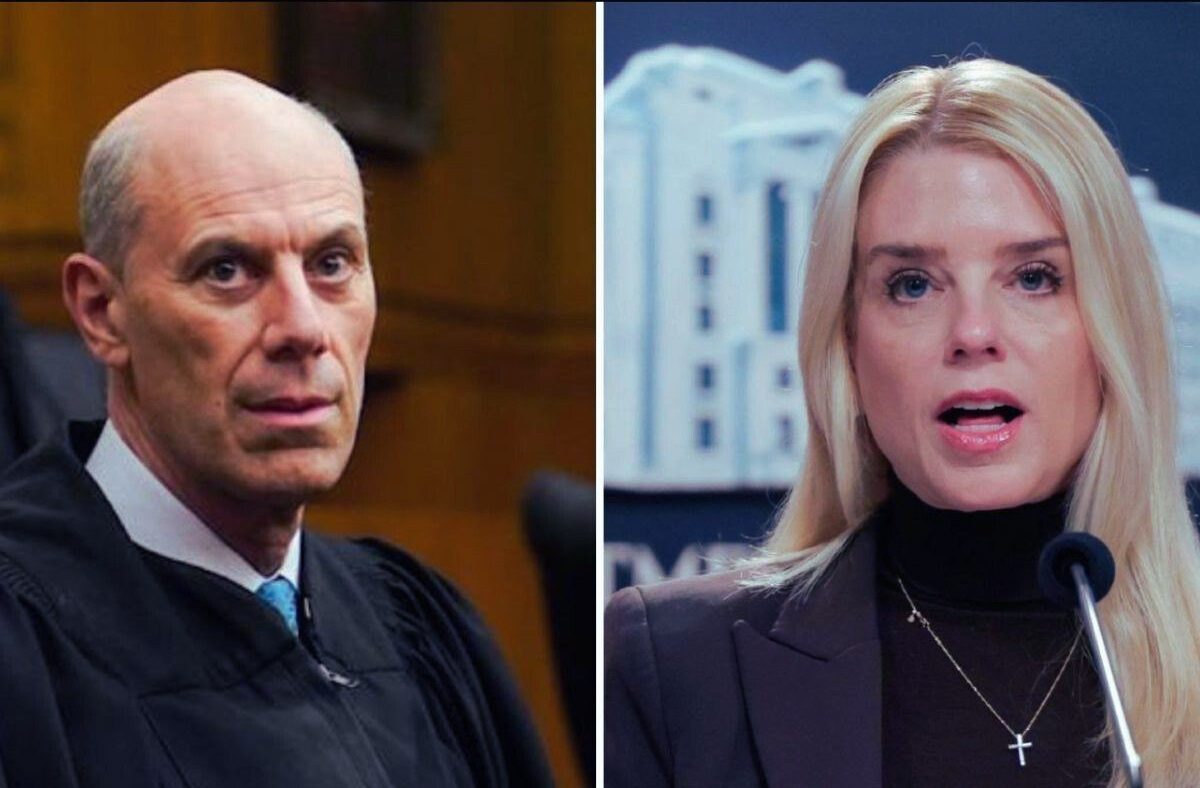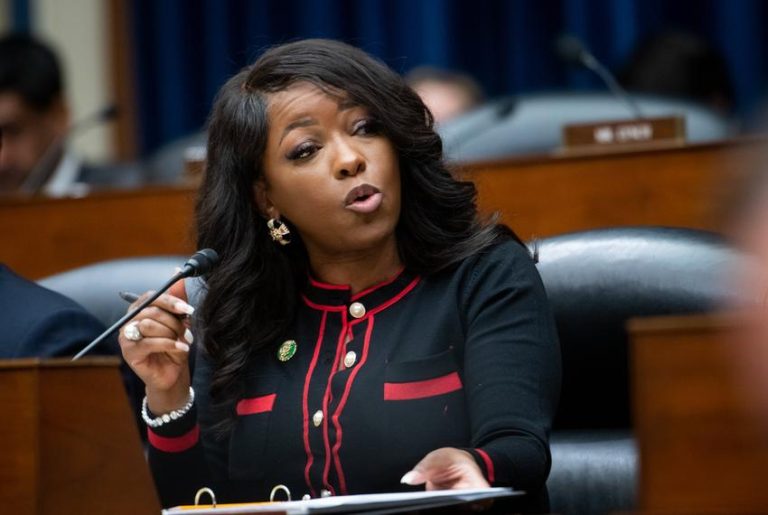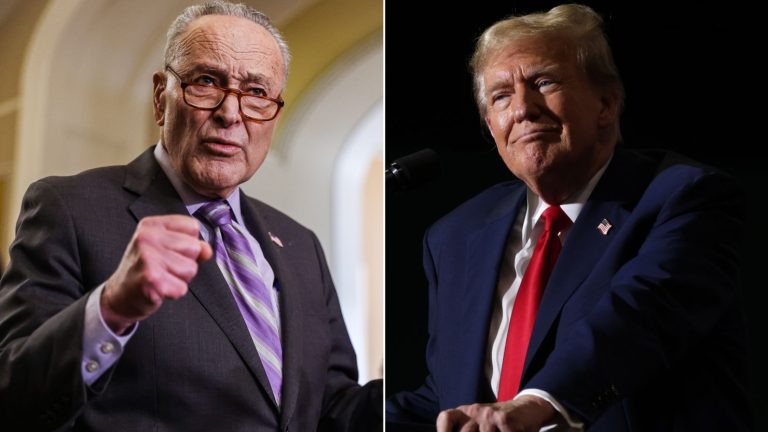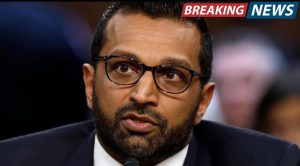NOTE: VIDEO AT THE END OF THE ARTICLE.
Florida Attorney General Pam Bondi has ignited controversy by openly criticizing U.S. District Judge James E. Boasberg and urging the Supreme Court to intervene in a high-stakes lawsuit involving encrypted government communications and national security. Her remarks have sparked fierce debate over judicial impartiality, executive accountability, and the limits of digital privacy in government affairs.
At the center of the legal battle is a lawsuit filed by the nonprofit watchdog group American Oversight, which accuses several senior Trump administration officials of using the encrypted messaging app Signal to discuss highly sensitive matters—including the possibility of launching a military strike against Houthi rebels in Yemen. Among those named in the lawsuit are Defense Secretary Pete Hegseth and Vice President Elaine Vance, both of whom are said to have participated in conversations through Signal that were not preserved or archived in accordance with federal transparency laws.
According to the lawsuit, the use of private messaging platforms like Signal to conduct government business violates the Federal Records Act, which requires that official communications be documented and retained. American Oversight argues that the Trump administration is circumventing transparency requirements by relying on encrypted, disappearing-message services, making it impossible for the public to hold officials accountable for decisions of immense consequence.
Pam Bondi, a longtime Trump ally and outspoken conservative, has taken issue not only with the lawsuit but with the judge presiding over it. Judge Boasberg, appointed by President Barack Obama and currently serving as the Chief Judge of the U.S. District Court for the District of Columbia, has been accused by Bondi of “blatant partisanship” and a “demonstrated bias against this administration.”
In a press conference held in Tallahassee earlier this week, Bondi claimed, “This case is not about oversight—it’s about weaponizing the courts to hamstring a president and his cabinet. Judge Boasberg has a long history of ideological rulings that align with the left, and it’s clear he cannot rule on this matter impartially. The integrity of the judiciary is at stake here.”
Bondi’s call for the Supreme Court to review the case—before it even progresses through the appeals process—has been met with both support and sharp criticism. Some conservatives view her stance as a necessary defense of executive privilege and national security, particularly in an era where technology evolves faster than regulation. Others, however, caution that attempting to remove a sitting federal judge over allegations of bias sets a dangerous precedent and risks politicizing the judiciary.
“Pam Bondi’s statements are not just unprecedented—they’re alarming,” said Professor David Linwood, a constitutional law expert at Georgetown University. “Accusing a judge of bias because you don’t like the direction of a case undermines the rule of law. If we start treating judges like partisan actors, we erode the very foundation of judicial independence.”
Bondi, however, insists her concerns are rooted in principle, not politics. “When judges allow ideology to cloud legal judgment, the public loses faith in the system,” she said. “That’s why this matter needs to go to the Supreme Court, where the law—not partisan bias—can guide the outcome.”
Legal analysts note that even if the Supreme Court were to eventually hear the case, it would likely take months—or even years—to reach that point through the normal appeals process. Preemptively asking the Court to intervene at this stage is highly unusual and would require extraordinary circumstances, including a showing that the case poses an urgent and irreparable threat to constitutional principles.
In the meantime, the lawsuit will continue to play out in Boasberg’s courtroom, unless he recuses himself or is removed—an outcome considered unlikely under current legal standards, which require concrete evidence of prejudice rather than public allegations.
The broader implications of the case extend beyond the Trump administration. Experts say the outcome could redefine how federal officials are allowed to communicate, especially when using private or encrypted platforms. If the courts determine that Signal or similar apps violate public record laws, it could force sweeping changes in how executive agencies document sensitive communications.
“This isn’t just about one administration—it’s about the future of government accountability in the digital age,” said Rachel Mandel, a transparency advocate with OpenGov Now. “If we let encrypted communications become the norm without oversight, we risk losing the public’s ability to scrutinize decisions made behind closed doors.”
As the legal drama unfolds, the nation watches closely. Whether the Supreme Court decides to step in, or the case continues its journey through the lower courts, the battle over encrypted communication and judicial authority promises to be a defining moment in the ever-evolving clash between technology, power, and accountability.
PLAY:
